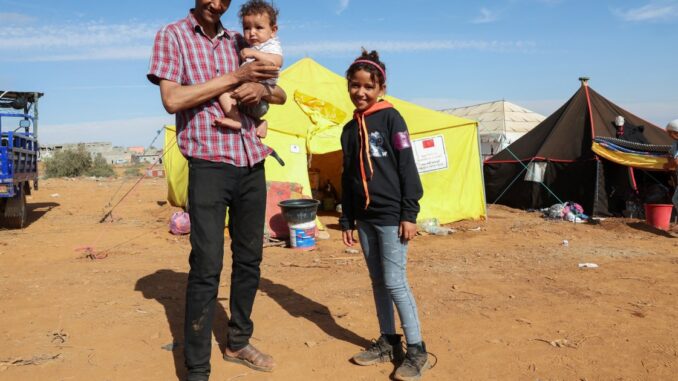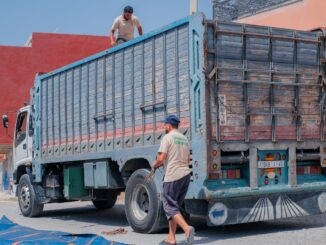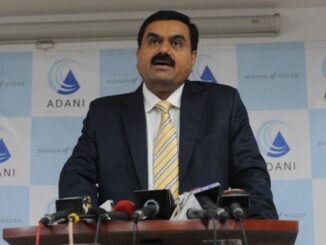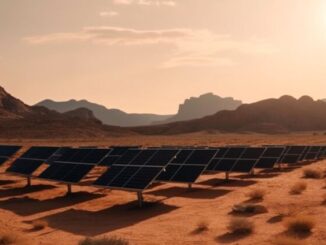
Morocco plans to spend at least 120 billion dirhams ($11.7bn) in a post-earthquake reconstruction plan over the next five years, the royal palace has said, after a 6.8 magnitude earthquake struck on September 8 killing more than 2,900 people, mostly in the High Atlas mountains.
The plan would target 4.2 million people in the worst-hit provinces of Al Haouz, Chichaoua, Taroudant, Marrakesh, Ouarzazate and Azizlal, the royal palace said on Wednesday, following a meeting of King Mohammed VI with government and army officials.
list of 3 items
list 1 of 3
Tenzirt, a village wiped off the map by Morocco’s earthquake
list 2 of 3
Middle East Roundup: Disaster in North Africa – Morocco quake, Libya floods
list 3 of 3
Photos: The earthquake in Morocco that shattered thousands of lives
end of list
It covers rehousing and the upgrade of infrastructure in a way that is conducive to social and economic development in the quake-hit areas, the statement added.
The royal palace said the plan would be funded by the government’s budget, international aid and a fund set up in response to the quake.
The fund has so far received some $700m in donations.
The programme also included the establishment in each region of hubs for essential reserves, including tents, blankets, beds, medicines and food provisions to respond to natural disasters.
The quake-stricken areas are among Morocco’s poorest, with many remote villages lacking proper roads and public services.
Last week, the palace said that 50,000 houses were known to have been damaged and that authorities would provide shelter and 30,000 dirhams ($3,000) to affected households.
It also pledged to offer reconstruction aid of 140,000 dirhams for collapsed homes and 80,000 for damaged ones.
Moroccan authorities have come under criticism for accepting limited foreign aid despite rescuers struggling to reach remote hard-hit regions.
Only search-and-rescue teams from the United Kingdom, Qatar, Spain and the United Arab Emirates have been allowed to operate on the ground by the Moroccan authorities, despite numerous offers from governments worldwide.
The United Nations Office for the Coordination of Humanitarian Affairs (OCHA) usually manages the international response to major disasters and emergencies through its agencies, Disaster Assessment and Coordination (UNDAC) and the International Search and Rescue Advisory Group (INSARAG).
The UN agencies can deploy within 12-48 hours of notice, and are dispatched following the request of the affected government as well as the UN resident or humanitarian coordinator in the country. Their typical deployment duration is between two and four weeks.
However, the Moroccan government has yet to request their help.
The five-year plan would target 4.2 million people in the worst-hit provinces and covers rehousing and emergency aid.
ENB Top News
ENB
Energy Dashboard
ENB Podcast
ENB Substack



